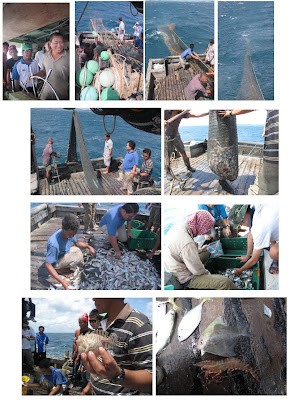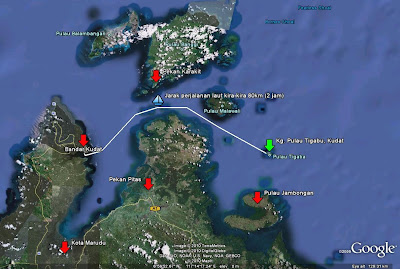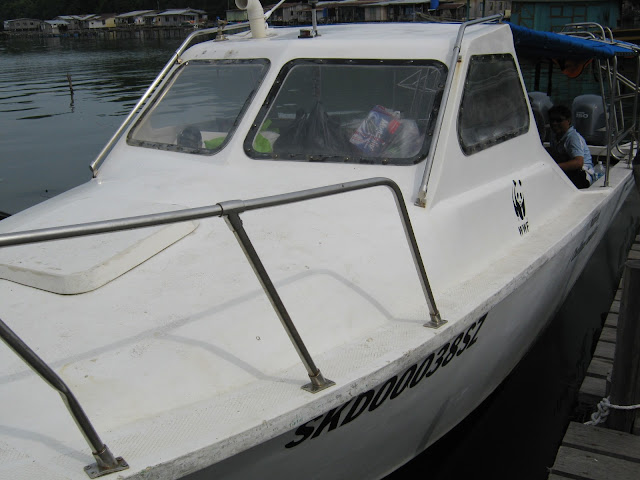Ecosystem Based Management for Fisheries Training 2

The main objectives of this second workshop was
i) to continue raising awareness on EBMF,
ii) to advocate adoption of EBMF principles in fisheries management in the proposed
iii) to demonstrate the role of commercial fishers in fisheries management (through data collection such as deck sampling)
Learning from the first training workshop, we have arranged for a lot more interactive activities on both days of the training. For Day 1, we have incorporated a highly visual presentation to illustrate the steps of implementation of EBMF with an interactive game to illustrate overfishing. For Day 2, we have arranged for a demonstration of trawling and deck sampling for data collection is conducted. The demonstration on the second day was not only beneficial to the targeted participants, but also to some of the government officials and organising collegues who has not had the chance to observe first hand a trawling operation.
Day 1 : Kudat Golf and Marina Resort
Day 2: Deck sampling (Trawling Operation)
So, what will happen next after all these training? Will it end here? Well, the process for EBMF or Ecosystem Approach (or other similar terms) is a long process that also involved consultations with stakeholders. In the past, the work in TMP has involved a lot of consultations and data gathering to gather perceptions of various stakeholders. The information are contributing towards the formulation of a management plan for TMP; and the consultation process will once again continue to discuss on the management plan. This process is a significant part of the process to establish an ecosystem based management for the area. Within this EBMF itself, decision-making support system will be needed to support establishment of a management plan and future implementation, monitoring and reviews of the management plan. Stakeholders also play a role in data gathering for this purpose and hence are the envisaged future role of the commercial fishers in TMP.






Comments
Post a Comment